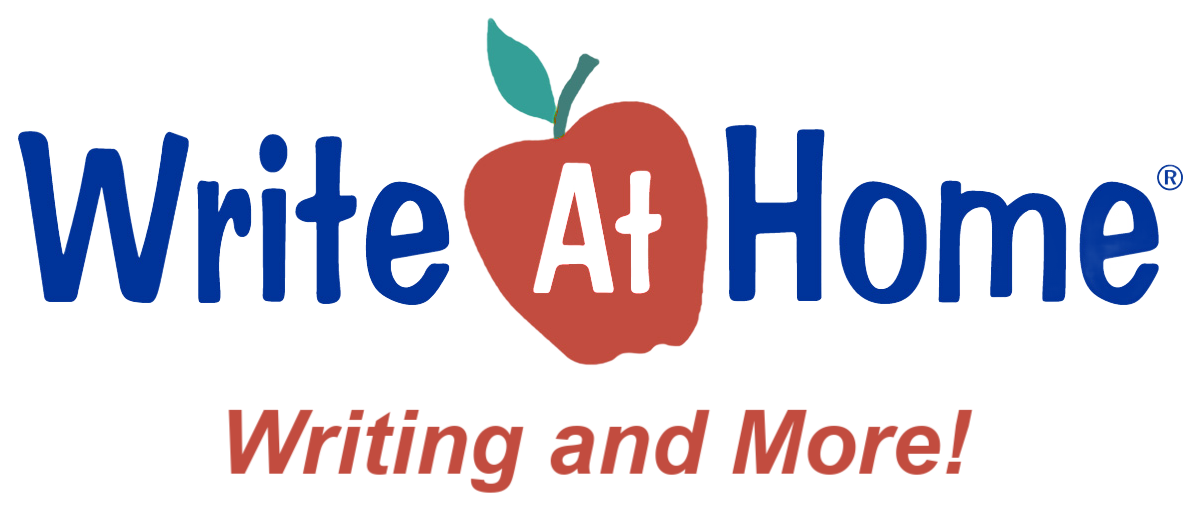To Use To Be or Not To Use To Be
An appeal to all English and writing teachers: Please stop telling students to eliminate be-verbs*. It is a silly oversimplification of a generally good principle.
Let me be clear: A trustworthy rule of thumb is to emphasize action through the use of strong verbs. There is no verb less active and vivid than to be, so it makes sense to minimize its use and look for opportunities to replace am, is, are, was and were with more dynamic options. I recommend reviewing every draft, looking for ways to swap being with doing.
But this is a general principle, not an inviolable rule. Some ideas are most clearly and concisely communicated through the use of be. And some sentences that could be made more active, due to their particular context, shouldn’t be. It’s nonsense to suggest that all or even most instances of be verbs be eliminated.
Yet I have come across more than a few writing teachers who literally forbid students from using be-verbs in their writing. Some qualify the prohibition, permitting the use of be as an auxiliary verb (e.g., is going, are moving, will be arriving), and forbidding it only as a linking verb (e.g., Tom is tall.) But this stills goes too far.
Be is by far the most common verb in the language. In its various forms, it is the second most common word used in print--second only to the. If avoiding the verb is necessary for strong writing, there's clearly not a lot of good writing in the world. But writers don't use to be because they are ignorant or careless of the principles of good writing. They use it because it is extraordinarily useful.
And writers through the ages have used to be liberally while crafting beautiful, memorable prose. Here is a tiny sampling:
It was the best of times, it was the worst of times, it was the age of wisdom, it was the age of foolishness, it was the epoch of belief, it was the epoch of incredulity, it was the season of Light, it was the season of Darkness, it was the spring of hope, it was the winter of despair...
-Charles Dickens, A Tale of Two Cities
"There are more things in Heaven and Earth, Horatio, than are dreamt of in your philosophy."
“To be, or not to be: that is the question.”
—William Shakespeare, Hamlet
"In spite of everything, I still believe people are really good at heart."
—Anne Frank, The Diary of Anne Frank
“Finally, brothers, whatever is true, whatever is noble, whatever is right, whatever is pure, whatever is lovely, whatever is admirable—if anything is excellent or praiseworthy—think about such things.”
—Philipians 4:8
Could you imagine a teacher telling Dickens to revise his first paragraph, replacing all instances of was?
We don't help young writers by placing unnecessary restrictions on their writing. Clarity and grace can't be achieved by following made-up rules. Is, are, was, and were can often be replaced with better verbs, but they are perfectly good English words and need not be avoided altogether.
*The be-verbs include all forms of to be: am, is, are, was, were, be, being, and been
Note: I am aware that Hamlet does not give his famous "To be or not to be..." soliloquy while staring at a skull. The skull scene comes later in the play, and the line is "Alas, poor Yorick! I knew him, Horatio..." I used the image simply because it's the most recognizable image of Hamlet. You need not correct me. :)
